|
Our last installation of our "Herbs of the Enneagram" series ends appropriately with Tulsi, our Herbstalk plant-of-the-year. This herb matches with the final personality type of the Enneagram, the harmonizing and peace-loving 9. Learn more about all 9 types and the herbs that balance them at Herb Pearce's class on Sunday, June 3rd at 9am. View the full class schedule here! by Herb Pearce Enneagram Type 9 is called the Peacemaker and there’s nothing more peaceful than having a cup of holy basil tea, what I consider a Type 9 herb. The Peacemaker/Harmonizer likes to make harmony with everyone and everything and tends to avoid conflict. 9s love balance, inclusion, tolerance and acceptance and holy basil has those qualities. Holy basil also has foundation and strength, exactly what 9s need to balance out their sweetness, innocence and going-along-with nature. Tulsi (Ocimum sanctum), is often called holy basil, an herb that has been used for thousands of years in India treating colds, coughs and flu. It cleanses the respiratory system, relieves gas and is a rich source of an essential oil that eliminates bacteria, fungi and parasites. In Ayurvedic medicine, it is considered holy because the plant is an incarnation of the goddess Tulsi who offers divine protection. Many Indians have a home alter with worship ceremonies dedicated to holy basil, using tulsi with reverence and making meditation beads from the woody stalks. Tulsi is an essential element of the worship of Vishnu, Krishna, Rama and Lakshmi. It is often planted in the middle of the central courtyard of Hindu houses. Now found growing worldwide, holy basil is a woody shrub about 18 inches high with oval, serrated leaves and colors ranging from light green to dark purple, depending on the variety. The flowers are lavender and the fruit is composed of rust colored nuts. In traditional systems of medicine, different parts of tulsi — the leaves, stem, flower, root, seeds and even the whole plant — have been recommended for the treatment of bronchitis, bronchial asthma, malaria, diarrhea, dysentery, skin diseases, arthritis, painful eye diseases, chronic fever, snake bites and scorpion stings. It’s also an adaptogenic herb that balances stress and many herbalists recommend it for daily consumption. In India it is often used as a substitute for coffee. Tulsi can be used to garnish food and sauces, as a tea, powder, supplement, juice, or essential oil. Its leaves are used in many food recipes. It may slow blood clotting as a possible side effect. I just had a cup of fragrant holy basil tea and it makes me feel wholesome. Why not take a break now and have a cup to relax yourself? Learn what’s it like to be a peacemaker with strength! References: https://chopra.com/articles/what-is-holy-basil https://en.wikipedia.org/wiki/Ocimum_tenuiflorum https://draxe.com/holy-basil-benefits/  Herb Pearce is an expert on the Enneagram with 28+ years experience. He has authored four books on the Enneagram including his most recent work, Presidential Profiles: Washington to Trump - Enneagram and Myers-Briggs Perspectives. Herb has taught over 2000 Enneagram workshops and has worked with hundreds of organizations, individuals and couples using the Enneagram in his counseling practice. Herb resides in Arlington, Massachusetts where he is a practicing psychotherapist and life coach. He emphasizes developing the strengths of all 9 Enneagram types and is known for his exacting insights, moderated by gentleness, humor and compassion. You can learn more at www.herbpearce.com or email him directly at herb@herbpearce.com. Herb will be teaching his class, Herbs of the Enneagram, at Herbstalk on Sunday, June 3rd! View the full class schedule here. Each year we feature one herb at our annual Herbstalk event. This year the plant is Tulsi -- a.k.a. Holy Basil -- a beautiful, aromatic, uplifting herb that grows readily as an annual in New England. We have a special write-up about the qualities of Tulsi, provided by Katja Swift and Ryn Midura of the CommonWealth Center for Holistic Herbalism. What follows is a plant profile excerpted from their wonderful & newly-published book, Herbal Medicine for Beginners, released just this month! Read on to learn more about this beautiful and important plant remedy. by Katja Swift & Ryn Midura Tulsi, or Holy Basil Ocimum sanctum, and O. tenuiflorum Qualities: drying, relaxant, warming Taste: aromatic, bitter, pungent, sweet Family: Lamiaceae Medicinal parts: leaves and flowers Actions: adaptogen, antimicrobial, anxiolytic, aromatic, diaphoretic, diffusive, exhilarant, hepatic, hypoglycemic, immunomodulator, nervine Common Preparations Tulsi, also known as holy basil, can be infused in water for tea, or made as tincture or elixir. Fresh tulsi leaves and flowers can be infused in honey. Ideal for Addressing ADD / ADHD Anxiety Depression Fatigue Fever Food sensitivities Headache Heart palpitations Hypoglycemia Hypothyroid Menopause / andropause PCOS PMS Seasonal depression Stress Effective Applications Tulsi has traditionally been the herb of choice for “stuck emotions,” whether that’s depression or PTSD or just a case of the grumpies. Recent discoveries have shown that one reason it works so well is tulsi’s ability to restore function to the part of the brain that processes short-term memory into long-term memory: Tulsi, literally, helps move us past difficult experiences and emotions! Tulsi is also an exhilarant, uplifting the spirit, which is a vital part of the work of releasing tension, depression, and stagnation that prevent people from successfully making lifestyle changes. Tulsi is an adaptogen, meaning it helps keep hormones in check. Most people think about reproductive hormones first, but there are many hormones in the body with many different functions. Because it can help keep hormones in balance, tulsi can help with a wide variety of issues—from trouble sleeping to blood sugar regulation to menopause. Tulsi also has a special ability to help moderate cravings, which makes it the perfect partner for people trying to reduce sugar intake, eliminate food allergies, or working to quit smoking or drinking. Another of the mint family diaphoretics, tulsi is a handy helper for fever and flu. Tulsi relaxes the body and stimulates circulation, helping “sweat out” a fever. Recommended Dosage Tulsi makes a tasty tea you can drink all day long. It blends well with other herbs and makes a tasty elixir, too—take as needed in any stressful moment. Work with tulsi freely: This mood booster also has mineral and vitamin content. Important Considerations Tulsi is a safe herb for all ages, including people taking antidepressant and psychiatric medications. However, if you take blood sugar management pharmaceuticals, monitor your glucose levels regularly because tulsi can have a significant blood sugar-lowering effect. Tulsi Formulations: Rescue Elixir Makes 5 fluid ounces (40 to 80 doses) When you need a quick respite from a hectic day, this is your best friend. This remedy works best if you can step away to a private space for a moment. Center yourself, breathe deeply for a few breaths, take your tincture, breathe a few more times, and return to the world. A little ritual goes a long way! 1 fluid ounce tincture of tulsi 1 fluid ounce tincture betony ½ fluid ounce tincture of catnip ½ fluid ounce tincture of chamomile ½ fluid ounce tincture of elderflower ½ fluid ounce tincture of rose ¼ fluid ounce tincture of goldenrod ¼ fluid ounce tincture of sage ½ fluid ounce honey In a small bottle, combine the tinctures and the honey. Cap the bottle and label it. Take 2 to 4 droppersful whenever needed. Everything Will Be Fine Makes 3¾ cups dried herb mix (enough for 22 to 30 quarts of tea) Another of our old reliables, this tea has gotten us and our clients through some tough times. It’s great for those days when you feel like everything is falling down all around you—just make a cup, drink it as deliberately as you can, and let the warmth and relaxation move through you. If your stress manifests with a feeling of heaviness and downtrodden exhaustion, include ¼ cup of goldenrod and/or sage. If it shows up as digestive upsets, include ¼ cup of chamomile and/or catnip. Drink a quart or more every day. 1 cup dried betony leaf and flower 1 cup dried tulsi leaf ½ cup dried linden leaf and flower ½ cup dried rose petals ½ cup dried elderflower ¼ cup dried St. John’s wort leaf and flower (see tip) In a medium bowl, mix all the herbs. Store in an airtight container. Make a hot infusion: Prepare a kettle of boiling water. Measure 2 to 3 tablespoons of herbs per quart of water and place in a Mason jar or French press. Pour in the boiling water, cover, and steep for 20 minutes, or until cool enough to drink. Safety tip: Omit the St. John’s wort if concurrently taking pharmaceuticals. You can check out Katja & Ryn's wonderful book here!
And you can learn from them directly at Herbstalk on June 2 & 3. They will be teaching two classes: "Herbs for Dreaming" and "Business Skills for Herbalists." View the full Herbstalk class schedule here. |
Archives
November 2023
Categories
All
|
Join the Newsletter!
Receive news about future Herbstalk events
Thank you!
You have successfully joined our subscriber list.
Copyright © Herbstalk 2024
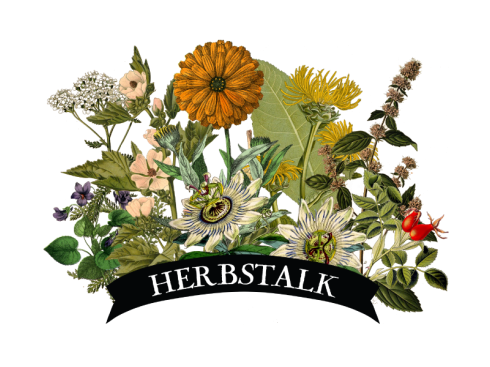
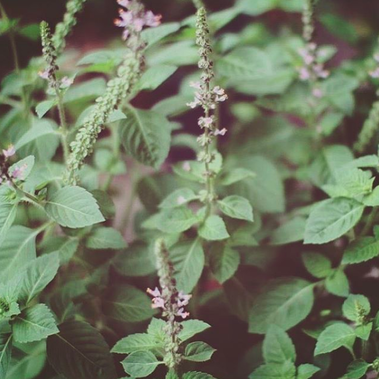
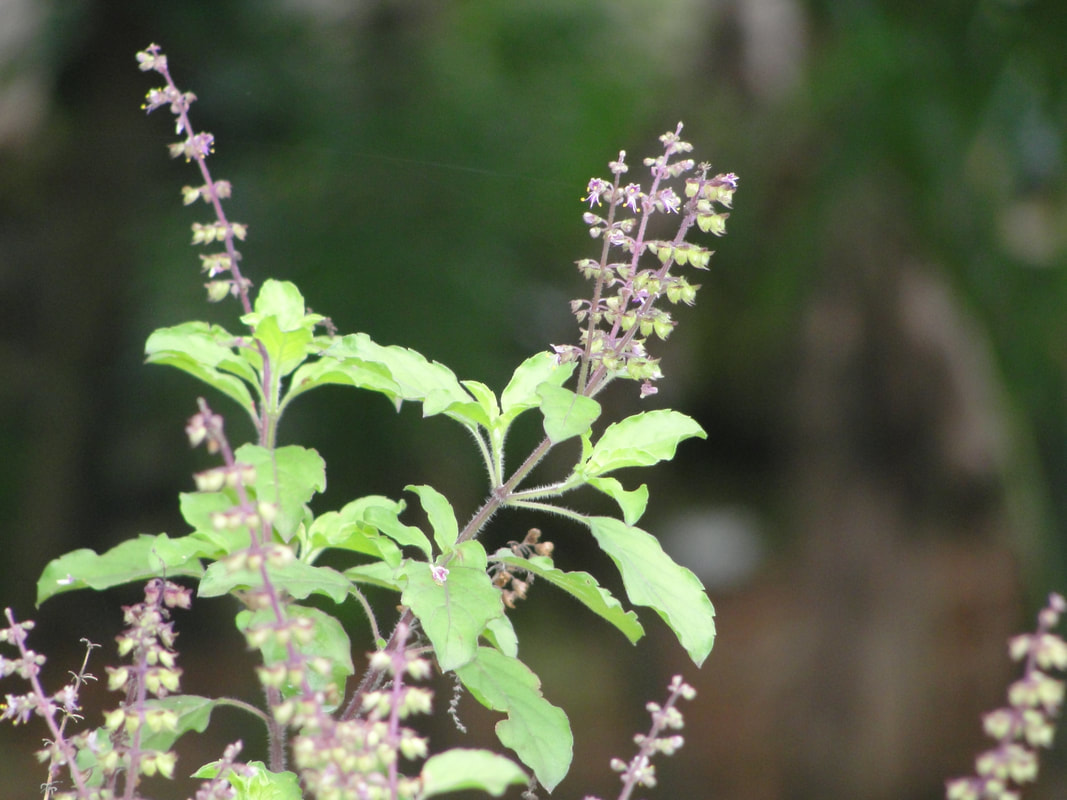
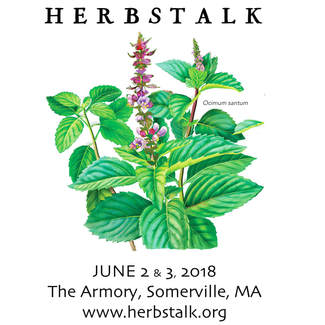
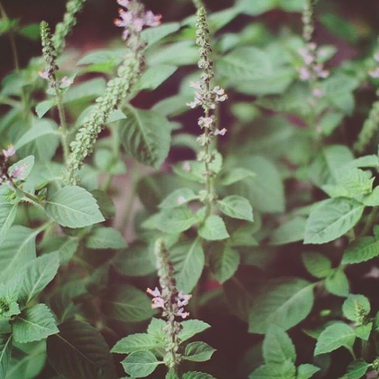
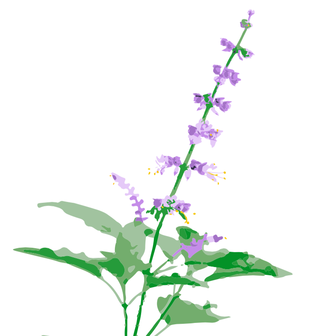
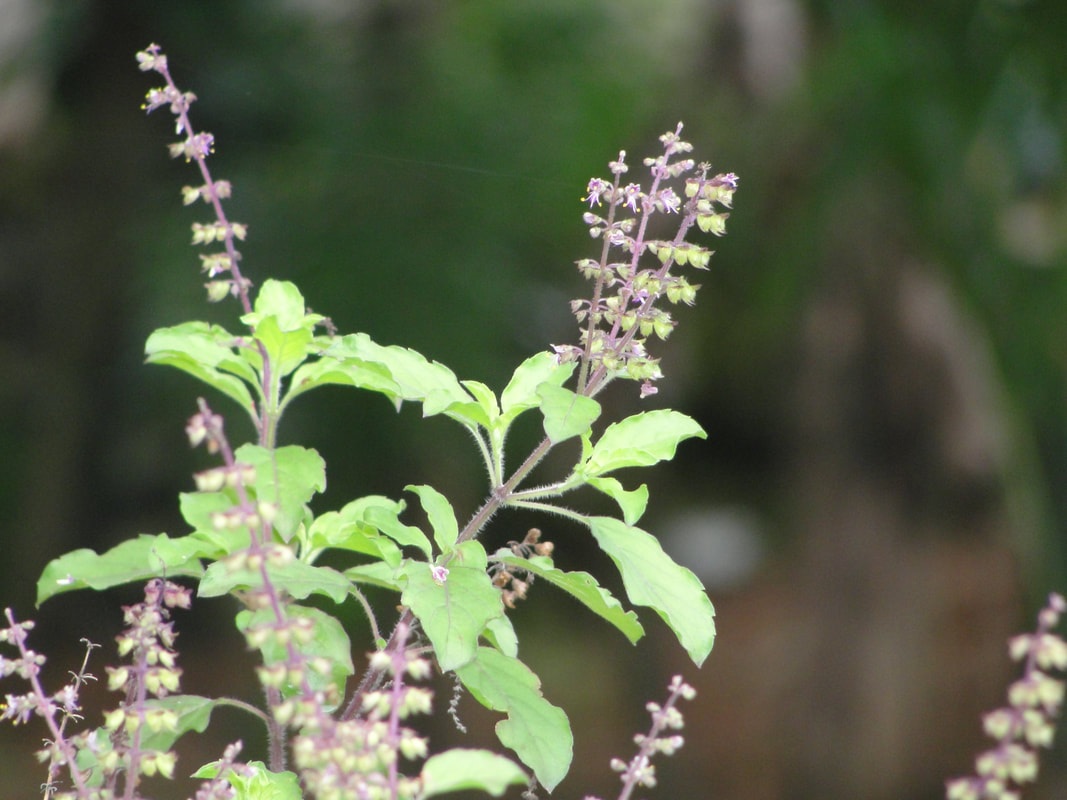
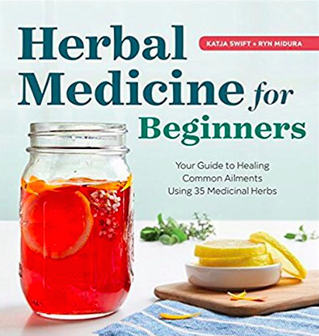
 RSS Feed
RSS Feed